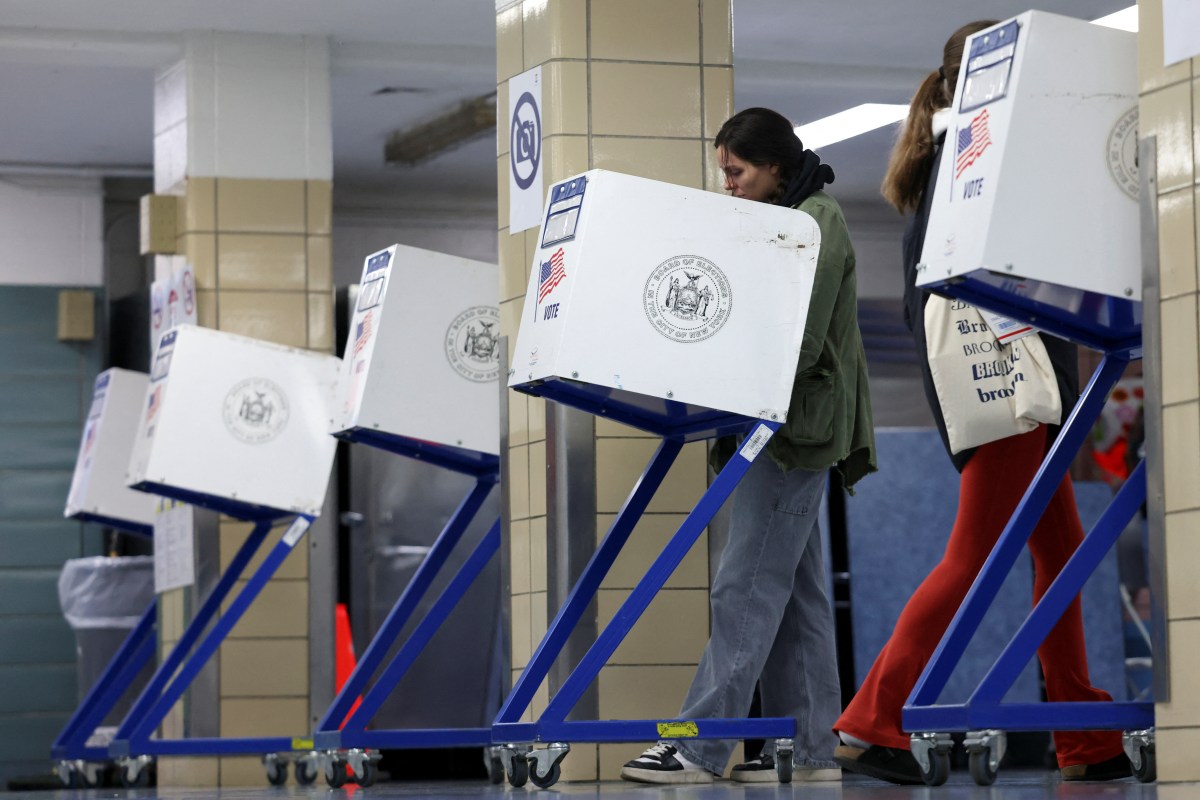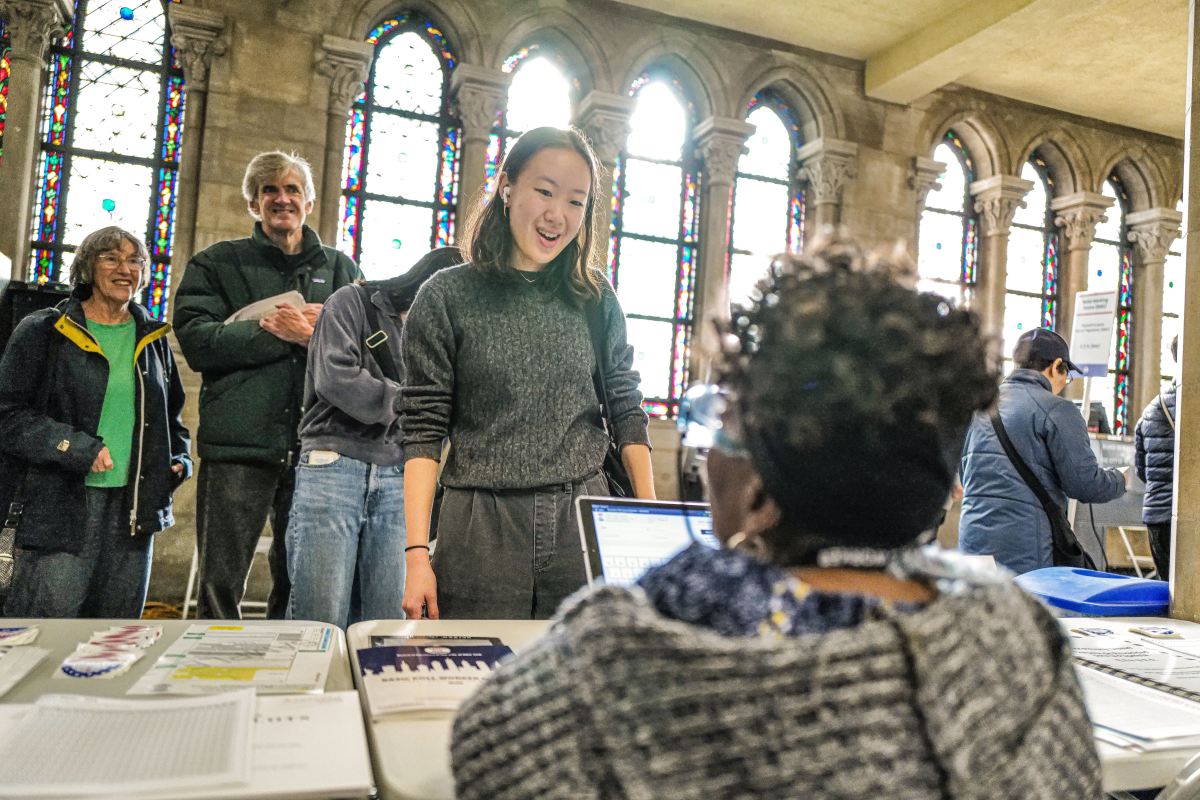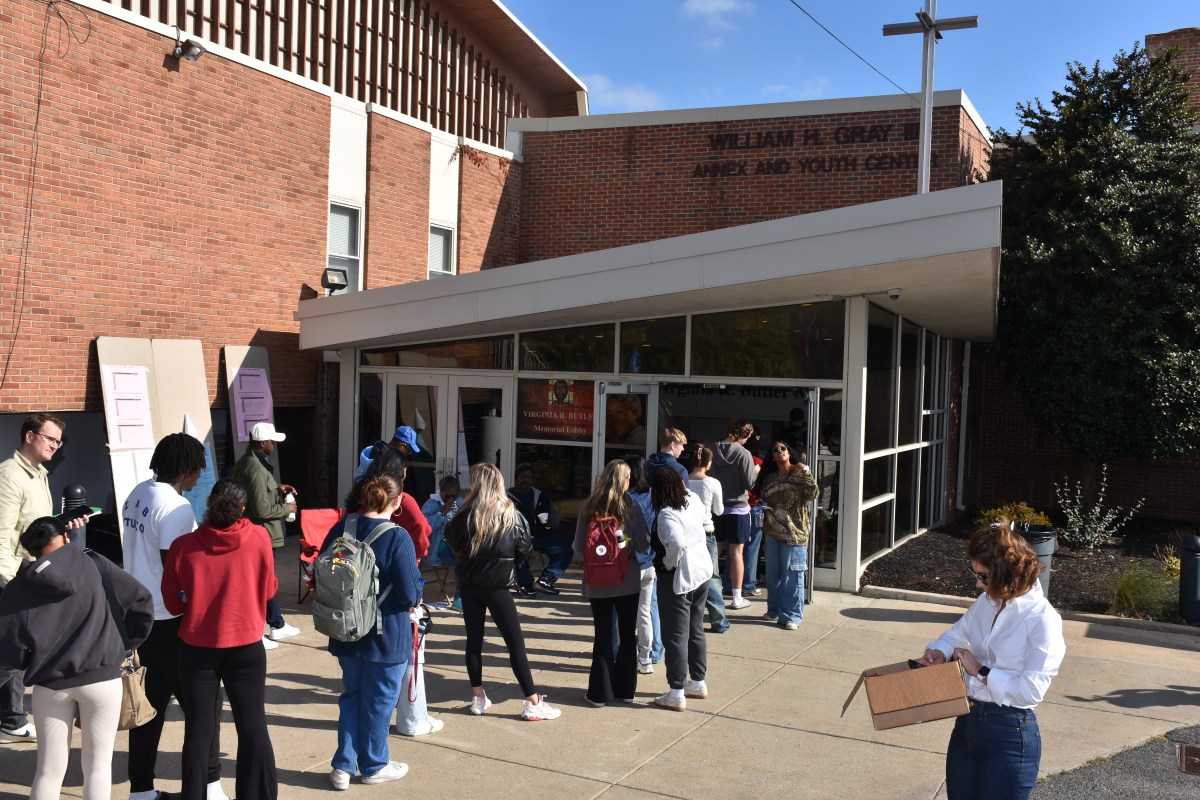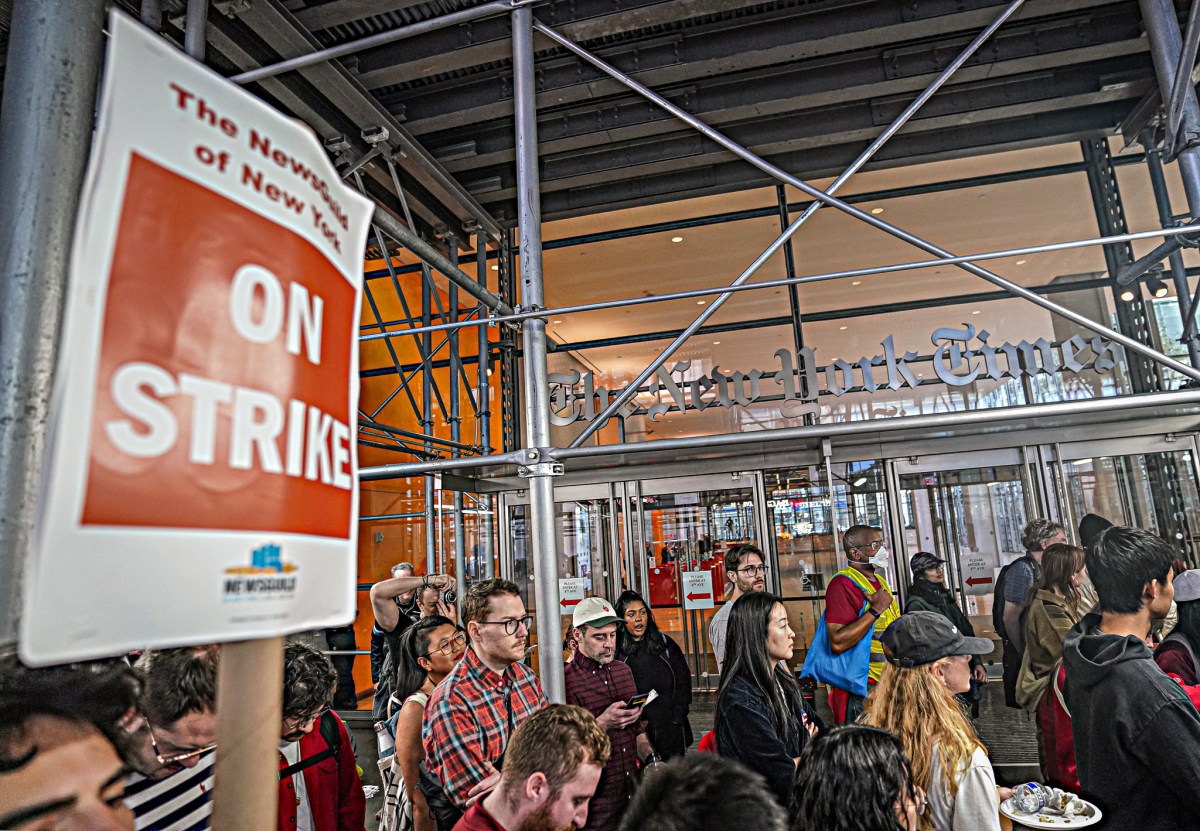WASHINGTON (Reuters) – The Biden administration is crafting a plan aimed at resetting U.S. ties with the Palestinians that all but collapsed under former President Donald Trump, according to an internal draft memo.
Two people familiar with the State Department document, which was first reported by the United Arab Emirates-based newspaper The National, said it was still in an early “working stage” but could eventually form the basis for rolling back parts of Trump’s approach that Palestinians denounced as heavily biased in favor of Israel.
Since President Joe Biden took office on Jan. 20, his aides have said they intend to repair relations with the Palestinians. The administration has pledged to resume hundreds of millions of dollars in economic and humanitarian assistance and work toward reopening the Palestinians’ diplomatic mission in Washington.
Biden’s aides have also made clear they want to re-establish the goal of a negotiated two-state solution as a priority in U.S. policy on the Israeli-Palestinian conflict. But they have moved cautiously with Israel’s March 23 elections looming, followed by Palestinian elections scheduled in coming months.
A portion of the draft memo quoted by The National said the U.S. vision is “to advance freedom, security, and prosperity for both Israelis and Palestinians in the immediate term.”
The document was cited as saying $15 million in COVID-19 pandemic aid to the Palestinians could be announced by the end of March. It is also reported to take a tougher stance on Israeli settlement activities and mentions efforts “to obtain a Palestinian commitment to end payments to individuals imprisoned (by Israel) for acts of terrorism.”
One source, speaking on condition of anonymity, said the document was a preliminary draft subject to revision and any final version would require inter-agency review.
“We don’t have any comments on that specific memo,” U.S. State Department spokeswoman Jalina Porter told reporters at a daily briefing.
(Reporting By Matt Spetalnick in Washington, additional reporting by Rami Ayyub in Tel Aviv; editing by Grant McCool)





















